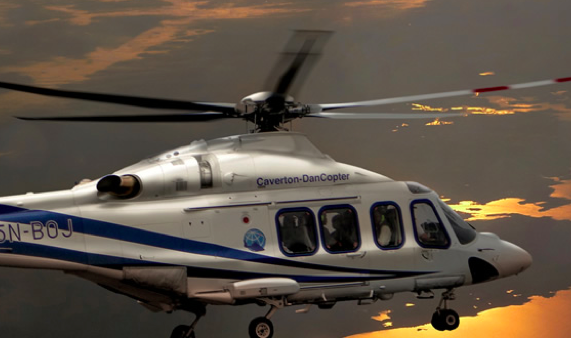Nairametrics| While there is no sector of the economy that has not been seriously hit by the economic recession Nigeria is currently going through, there is no gainsaying that the aviation sector ranks up there as among the worst hit. , Blame has been traded amongst stakeholders over who is at fault for the dire situation of the sector.
Sunday’s directive from the National Security Adviser (NSA), Babagana Munguno, banning chopper services in and around Abuja citing security concerns, brings up three unfortunate theories:
The FG cannot wash its hands clean of the aviation sector’s problems.
Despite the improvement of rail and road services, due to the closure of Abuja’s airport, it was clear that helicopter ferry services were going to play a major role in transporting passengers from Kaduna to Abuja. Billions, as the Guardian put it, had been spent investing in helicopter services for the period. The NSA waited until all had been spent and prepared before issuing its directive . Did the ‘security concerns’ develop over the weekend or had the NSA forgotten to assess the situation beforehand? Whatever the case, helicopters worth millions are going to lie fallow while flight cancellations and refunds have to take place.
Directives in Nigeria are spur-of-the-moment things.
Hardly any form of preparation and/or planning precede majority of government actions. That is also becoming clearer with situations like this. It has been known for more than three months that the Nnamdi Azikiwe International Airport in Abuja will be closed for six to eight weeks for runway repairs. It has also been affirmed that Kaduna Airport would be the FG’s alternate airport of choice, while several foreign airlines had picked the Murtala Mohammed Airport in Lagos as their preferred choice.
A little bit of prior planning especially around security should have highlighted whatever security concerns the NSA is suddenly wary of. That planning would have allowed the directive to come up much earlier and save investors the billions now lost to the directive. In addition, it would have been expected that at least a meeting with stakeholders in the aviation sector would have been held beforehand to keep them abreast of the situation. This would have allowed helicopter companies to make informed decisions.
Nigeria is still a long way from bolstering investor confidence
Given the Vice-President’s 60-day action plan to significantly improve the ease of doing business in the country, there was optimism in some quarters that foreign direct investment would pour back into the country. Unfortunately, situations like this, where flip-flop policies and directives abound and investors are not assured of a serene business environment are enough to undo all the good that has been done. It is all enough to make foreign investors still in the country to throw in the towel and say ‘enough is enough’. Come to think of it, how can you convince investors to come in when you cannot even predict the directions of your own policies?
